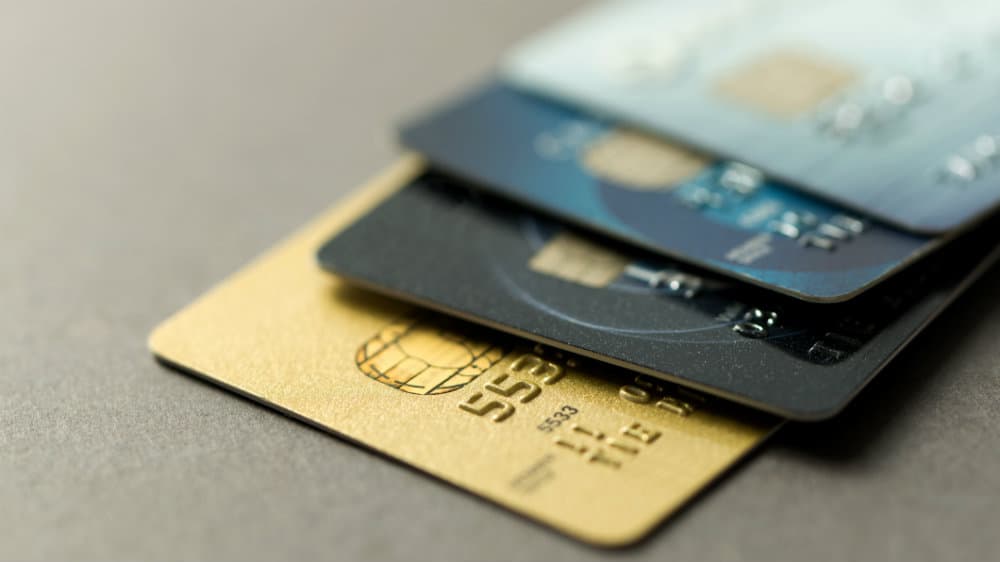How can you protect yourself if your holiday company collapses? Paying for your holiday by credit card could provide reimbursement on eligible purchases under Section 75 of the Consumer Credit Act. Combine this protection with one of our top-rated travel credit cards to avoid paying fees for using your card abroad.
According to TotallyMoney, the relaxation of travel restrictions has created a 200% increase in holiday bookings, with Brits estimated to spend £41 billion on foreign travel in 2022.
However, Starttravel reports that turnover is almost 80% lower than pre-pandemic levels for travel businesses, some of which may struggle to survive. Casualties have already included FlyBe, Thomas Cook and Shearings.
Should you invest £1,000 in Centaur Media Plc right now?
When investing expert Mark Rogers has a stock tip, it can pay to listen. After all, the flagship Motley Fool Share Advisor newsletter he has run for nearly a decade has provided thousands of paying members with top stock recommendations from the UK and US markets. And right now, Mark thinks there are 6 standout stocks that investors should consider buying. Want to see if Centaur Media Plc made the list?
Here’s what you need to know to protect your holiday booking with Section 75 and how to choose the best travel credit cards.
[top_pitch]
What’s covered under Section 75?
The following are covered by Section 75 protection:
- Purchases made using a credit card. According to TotallyMoney, customers are currently 31% more likely to be eligible for a credit card than at the beginning of the pandemic. They also report that credit card offers are particularly competitive at the moment, allowing customers to spread payments over two years interest free.
- Purchases of goods or services over £100. (and less than £30,000). You don’t need to put the full amount on your credit card. If you book a flight for £500, pay £499 in cash and £1 on your credit card, you should be eligible for the full £500 protection under Section 75.
- Payments made directly to the supplier. You’re covered if you book flights directly from an airline, for example, on the BA website.
What’s not covered under Section 75?
The following are not covered by Section 75 protection:
- Bookings made through a third party or intermediary, If you use a third party, such as Expedia or Hotels.com, Section 75 cover does not apply.
- Purchases made using PayPal. You might be covered in some situations, but this is a grey area.
- Goods or services paid for by a supplementary cardholder, If a purchase is made by a supplementary cardholder rather than the primary cardholder, you’re not covered.
- Payments made by debit cards, loans, cash or ‘buy now, pay later’ services. Essentially, if you don’t use your credit card, you’re not covered.
[middle_pitch]
What should you look for in a travel credit card?
Choose a top-rated travel credit card that doesn’t charge foreign transaction fees as these can really add up over the course of a holiday.
There are three charges to look out for:
- Non-sterling transaction fee: typically around 3% of the value of each transaction.
- Non-sterling cash withdrawal fee: often 3% of the cash withdrawn, subject to a minimum fee (around £2-£3). This is in addition to the transaction fee (i.e. a fee of up to 6% in total).
- Interest on cash withdrawals: interest is charged on the withdrawn amount from the date of the transaction, even if you pay your credit card bill in full at the end of the month.
Two of our top-rated credit cards are from NatWest and Royal Bank of Scotland. They charge no foreign transaction fees and no annual fees. This makes them a good choice for international travellers even if used only when overseas. Both credit cards have low APRs of 12.9%.
The Santander All In One Credit Card might be an attractive option for people willing to pay the £36 annual fee in return for being rewarded with 0.5% cashback on all purchases. The card has no foreign transaction fees and 0% interest for 26 months on balance transfers, together with 0% interest on purchases for 20 months after the account is opened.
Other tips for overseas purchases
The retailer may offer the option of paying in the local currency or in pounds. If you have a credit card with no foreign transaction fees, it’s nearly always better to pay in local currency. Payment in pounds will usually be at an uncompetitive exchange rate.
If you want to take some local currency in cash, it’s worth pre-ordering it using an exchange rate comparison website. Buying $500 worth of foreign currency would cost £377 from the cheapest provider (for collection in Central London) compared to £380 at Tesco and £386 at the Post Office. You will be charged foreign transaction fees (if applicable to your card) if you use your credit card for this purchase, even though it’s a GBP transaction in the UK.







